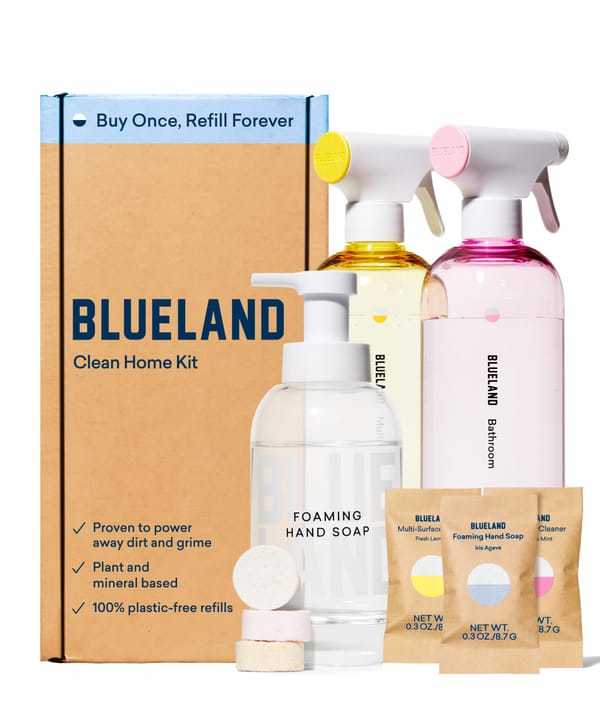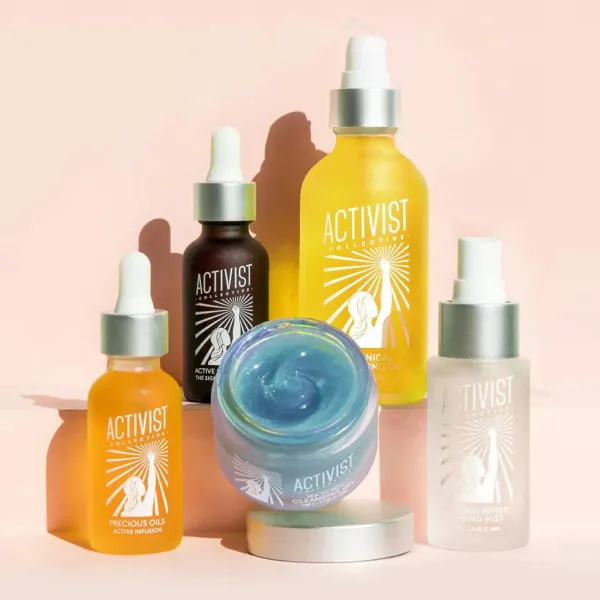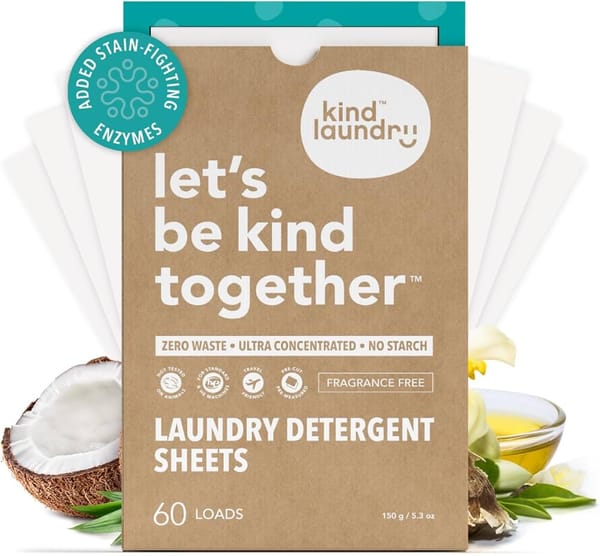5 Eco-Friendly Swaps for Your Kitchen

The kitchen is one of the most wasteful spaces in our homes — single-use plastics, food waste, and disposable products all add up. The good news? A few simple swaps can make a big difference without sacrificing convenience or style.
By making small, intentional changes, you can reduce waste, save money, and create a healthier, more sustainable kitchen. Ready to make your kitchen greener? Let’s dive into five easy swaps that will help you cut waste, reduce plastic use, and feel good about your impact on the planet.
Swap Plastic Wrap for Beeswax Wraps
Plastic wrap seems harmless, but it contributes significantly to landfill and ocean waste. Since it's not recyclable, it sits in landfills for hundreds of years, releasing harmful chemicals as it breaks down.
That’s where beeswax wraps come in. Made from organic cotton coated with beeswax, tree resin, and jojoba oil, these wraps are reusable, washable, and biodegradable. They cling to bowls and wrap sandwiches just like plastic wrap — minus the environmental guilt.
How to Use Them: Warm the wrap with your hands to make it flexible, cover your food or container, and press gently to seal. When you’re done, rinse it with cool water and mild soap.
Advice: To refresh beeswax wraps, place them on a baking sheet and warm them in the oven at a low temperature for a few minutes — this will extend their life. If you’re vegan or prefer not to use animal products, opt for plant-based wraps made with candelilla wax instead.
Swap Paper Towels for Reusable Cloth Towels
The average household goes through nearly 3,000 paper towels a year — that’s a lot of trees and waste. Paper towels are single-use, meaning they head straight to the landfill after one use.
Reusable cloth towels made from microfiber or organic cotton are a more sustainable choice. They handle spills, drying dishes, and cleaning countertops with ease — and they’re machine washable, so you’ll save money over time.
How to Make the Switch: Keep a stack of reusable towels in a drawer or basket on the counter for easy access. After use, just toss them in the washing machine.
Advice: Repurpose old t-shirts or dishcloths by cutting them into smaller pieces for a free, eco-friendly option.
Swap Plastic Dish Sponges for Compostable Alternatives
Most dish sponges are made from plastic and synthetic materials that shed microplastics into the water supply every time you use them. Not great for the environment — or your health.
Switch to compostable sponges made from natural materials like loofah, coconut husk, or cellulose. These sponges are durable enough to tackle tough grime but break down naturally when you’re done with them.
Need more scrubbing power? Try a bamboo or wooden dish brush with plant-based bristles. They last longer than plastic sponges and are fully biodegradable.
Advice: Let your sponges and brushes dry completely between uses to extend their lifespan and prevent bacteria buildup.
Swap Plastic Storage Containers for Glass or Stainless Steel
Plastic containers are lightweight and cheap, but they come with hidden risks. Over time, they can leach harmful chemicals into your food — especially when heated — and they’re rarely recyclable once they’ve worn out.
Glass and stainless steel containers are smarter, safer alternatives. Glass is non-toxic, won’t absorb odors or stains, and is microwave- and dishwasher-safe. Stainless steel is lightweight, durable, and perfect for meal prepping or taking lunch on the go.
How to Transition: f replacing all your plastic containers at once feels overwhelming, start with a few versatile sizes and build up from there.
Advice: Look for containers with silicone lids instead of plastic. Silicone is more durable, heat-resistant, and better for the planet.
Swap Disposable Coffee Pods for a French Press or Reusable Pods
Single-use coffee pods are a massive environmental issue — over 29,000 pods are thrown away every minute worldwide. Most are made from a mix of plastic and aluminum, which makes them difficult to recycle.
A French press is a simple, zero-waste alternative that gives you a rich, flavourful brew without the plastic waste. Just add coffee grounds and hot water, let it steep, press, and pour. If you love the convenience of a pod machine, reusable coffee pods are a game-changer. Just fill them with your favourite coffee, brew as usual, and rinse them out for the next use.
Advice: Compost your coffee grounds or use them as a natural fertilizer for your plants — they’re rich in nitrogen and great for soil health.
Why These Swaps Matter
Reducing kitchen waste isn’t just about feeling good — it’s about making a tangible impact. Over 8 million tons of plastic enter the ocean every year, and single-use plastics are one of the biggest contributors. Every beeswax wrap, glass container, and reusable towel you use helps reduce your personal contribution to this crisis.
Plus, many of these swaps will actually save you money in the long run. Beeswax wraps, glass containers, and reusable towels last longer and work better than their disposable counterparts. You’ll spend less on replacements and reduce waste at the same time — a win-win for you and the planet.
Conclusion
Greening your kitchen doesn’t have to be complicated or expensive. Small, thoughtful swaps can add up to a significant reduction in waste over time. Start with one or two swaps today — maybe switch to beeswax wraps or a French press — and build from there. Before you know it, you’ll have a kitchen that’s not only more sustainable but also more functional and beautiful.



